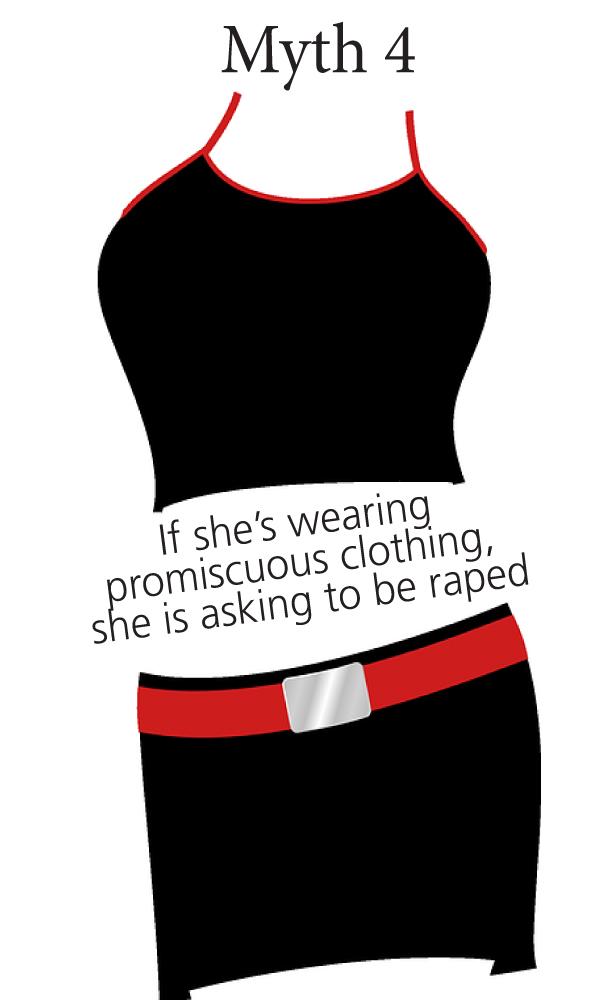Exploring Masculinity
Mar 5, 2015
 Further, Eichele noted that rape culture cannot be recognized without exploring masculinity.
Further, Eichele noted that rape culture cannot be recognized without exploring masculinity.
On Feb. 23, the Aurora Center and UMN’s Women’s Center co-hosted a screening of The Mask You Live In, a documentary film that, according to its website therepresentationproject.org, follows boys and young men as they struggle to stay true to themselves while negotiating America’s narrow definition of masculinity.
The film highlights the idea of “toxic masculinity” that feeds rape culture. The societal construct of masculinity strips young boys of qualities like sensitivity, vulnerability, and empathy and reinforces qualities like strength, apathy, and violence.
By being taught to value characteristics such as those, it becomes easier for young boys to assume the same attitudes towards women.
As detailed on therepresentationproject.org, not only have 93 percent of boys seen online, visual pornography before they turn 18, 68 percent of boys watch it weekly. Additionally, 39 percent of boys have seen “bondage porn,” including scenes with sexual and physical assault. Dr. Philip Zimbardo, professor emeritus of psychology at Stanford University, addressed this topic while being interviewed for The Mask You Live In, saying “[Porn teaches boys] how to relate to girls and women, that this is what is right, that this is what women want, that this is how men are supposed to perform.”
Additionally, language like “I’d hit it” or “You smash that” is generally accepted regarding sexual relations with women and is seen on social media, in music and movies, and on student Twitter feeds. The nature of violent verbs such as hit and smash paired with pronouns ‘it’ and ‘that,’ rather than ‘her’ or ‘she,’ perpetuate casualized rape culture.
The Mask You Live In notes that many men who observe sexual assault know something wrong and violent is going on, but fail to act against it due to fear of losing social status. Despite this, Eichele and Kleinman both believe men who speak out against sexual assault, rape, and rape culture can be the most valuable advocates.
“It takes males to stand up as the bystander,” Kleinman said. “They can be the most vocal.”
Eichele stressed the value of men who speak out against the culture.
“Most men don’t engage in sexual violence, but most men have a lot of power in interrupting it from their peers. It takes a lot of courage to do that,” Eichele said.
It does not take engaging in sexual violence to allow for its existence.
“When we talk about sexual violence, a lot of men in the past have disengaged and said it’s a women’s issue, but it’s not. It’s a human issue,” Eichele said.
